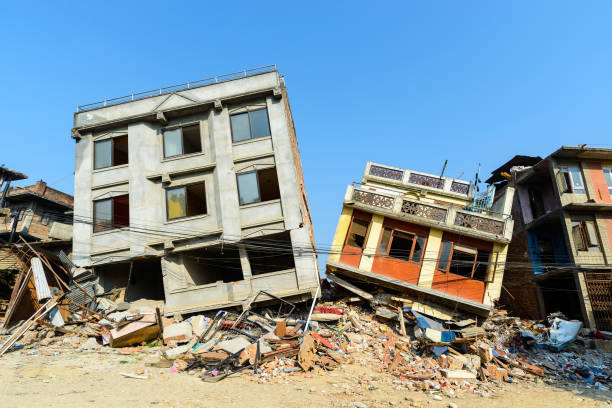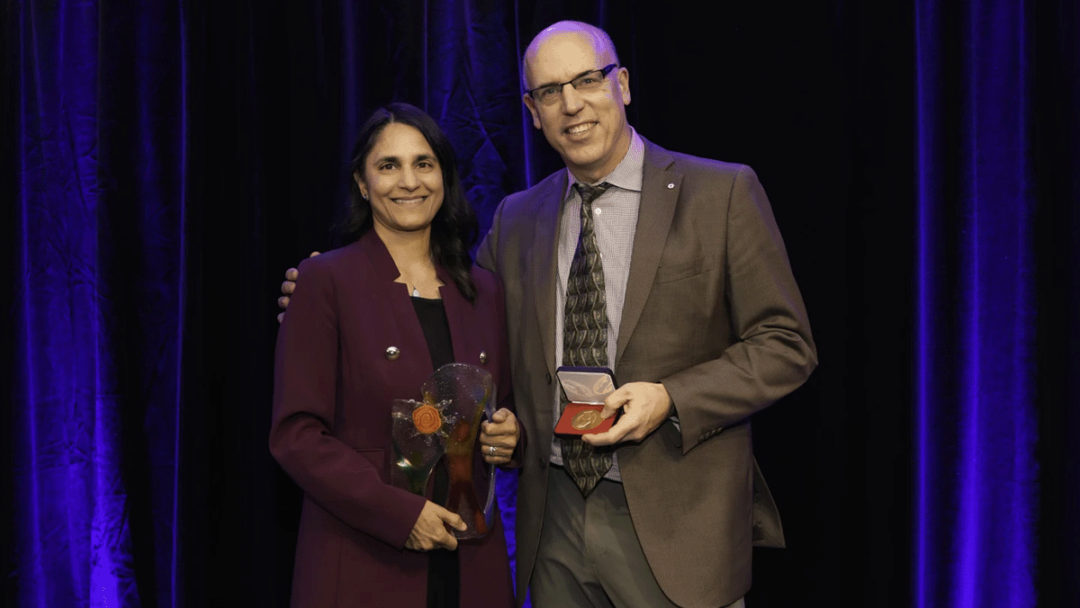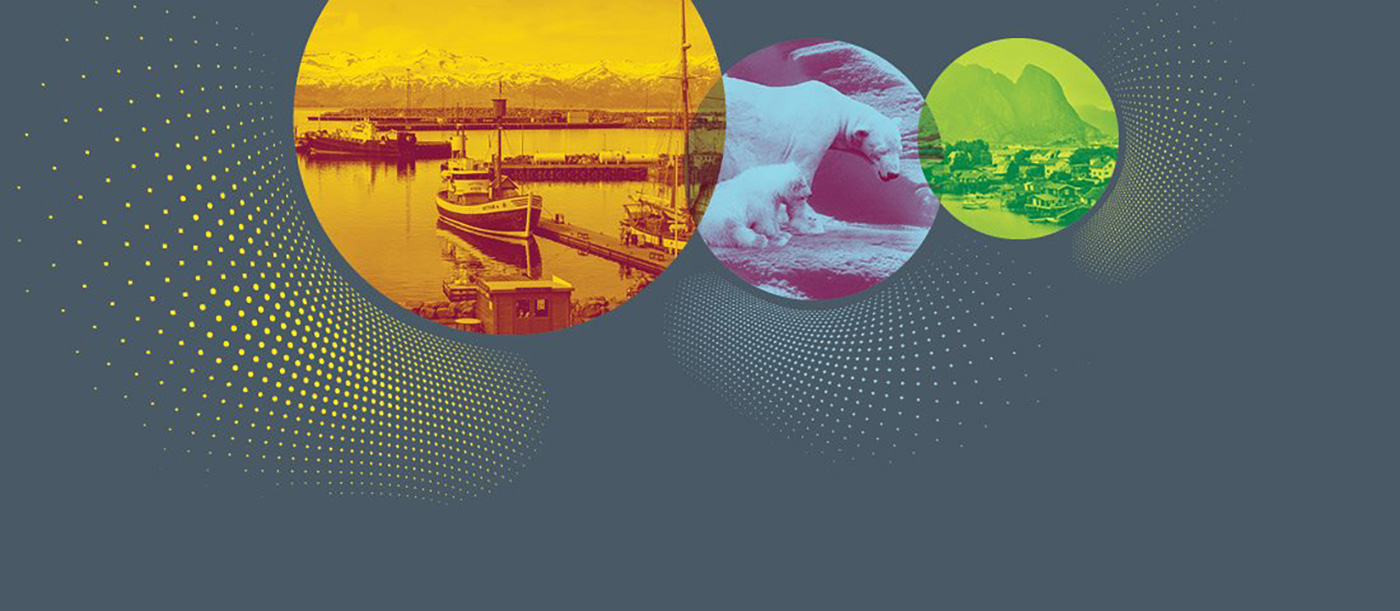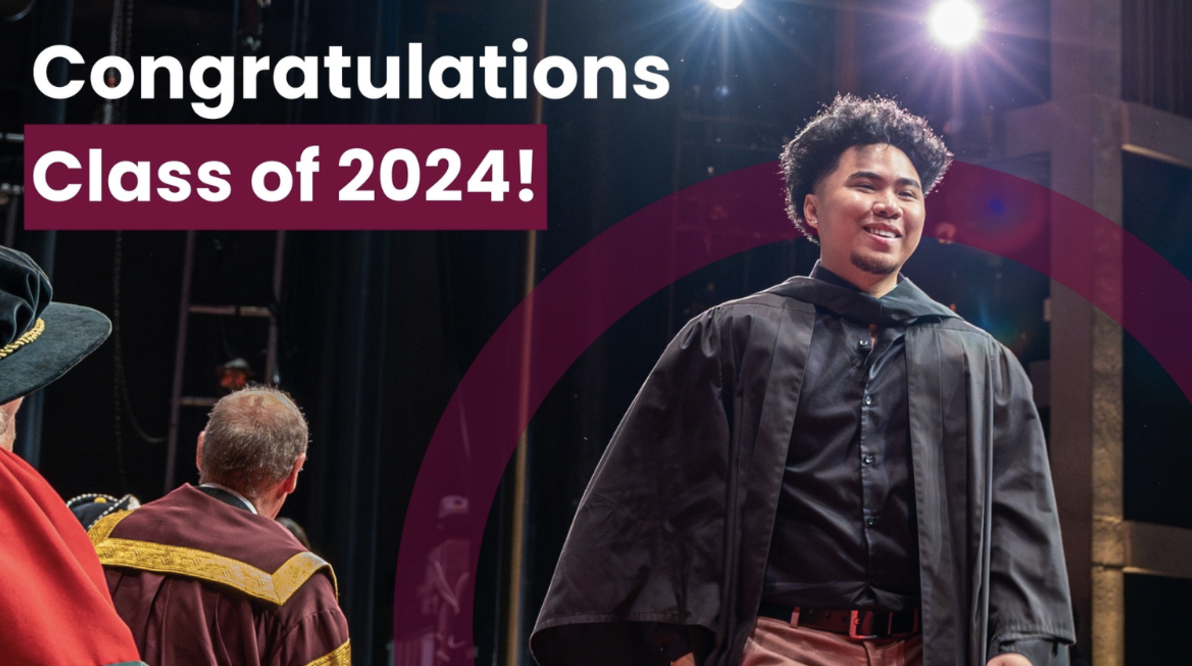Developing an evidence-based collection related to earthquakes facilitates internationalization and knowledge translation skills

Each year, MSc Global Health graduate students complete a 10-week work-integrated learning practicum during the Summer term to put into practice the knowledge and skills they have gained throughout the duration of their studies. Students work with organizations to gain hands-on experience with the theory, concepts, and methods taught in the program with activities targeted to the United Nations’ Sustainable Development Goals.
Over the past 10-weeks, graduate students, Natalie Palumbo, Dea Sulaj, and Div Patel, had the opportunity to join Evidence Aid remotely to complete their practicum.
Evidence Aid is a non-for-profit organization based out of the United Kingdom that provides easy-to-read disaster research-based evidence in a localized manner. Their initiatives provide guidance and information to humanitarian actors, which supports them in designing interventions that can save lives and livelihoods in the midst of disasters and emergencies such as earthquakes.
As a key aspect of their placement, students conducted a systematic review on the health effects of earthquakes (e.g. mental health, injuries, diseases, etc.) to create an evidence-based collection for Evidence Aid’s website. This required screening and analyzing literature from existing databases to condense relevant information into summaries.
The earthquake evidence collection was launched in June 2021 and contains plain-language summaries of high-quality research related to earthquakes. The collection provides “relevant information for decision markers working in humanitarian and health emergency and disaster risk management (Health EDRM) sectors who need [such] information in order to best respond to or plan an earthquake response,” states Div.
Through this work-integrated learning experience, all three students have noted that their time with Evidence Aid has helped them develop knowledge translation and collaboration skills within a global context, despite completing their practicum remotely.
“I am lucky to be working with an organization that is based in the UK” remarks Dea, “this has allowed me to be a part of an international team and liaise with experts in the field that are located in Japan, Italy, New Zealand, the United Kingdom”.
Through transcontinental opportunities with organizations such as Evidence Aid, students enhance their analytical, networking, and collaborative skills within a self-directed learning environment. Natalie notes, “this placement opportunity has prepared me for my professional career, particularly in the field of global health”.
To learn more about their experience, check out this Meet the Team video.
Global Health News
Related News
News Listing

Faculty of Health Sciences News ➚
Sonia Anand recognized with HRF Diversity & Equity in Research Award
Global Health News
5 hours ago

Health and Humanitarian Implications of War, Crises, and Conflict
Global Health News
November 11, 2024

